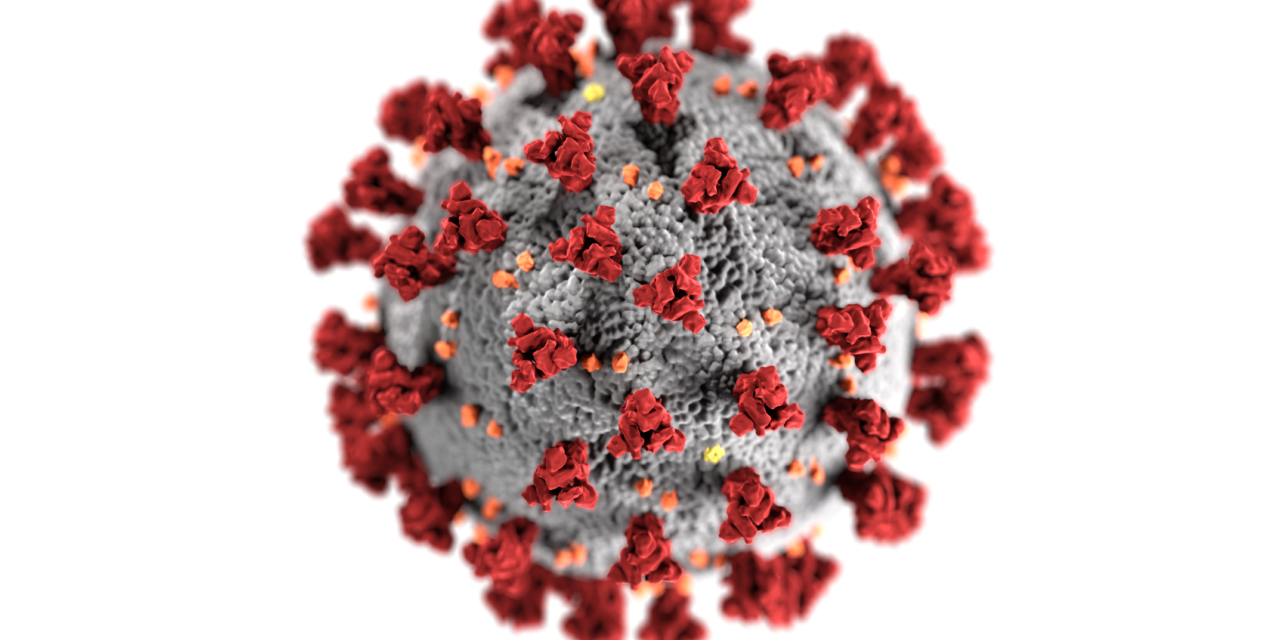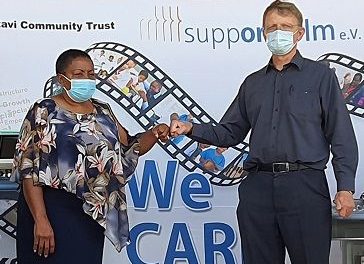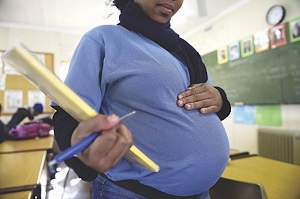
US Embassy supports public health human resources in COVID-19 fight

The US Embassy is supporting 24 new public health jobs at the Ministry of Health and Social Services (MOHSS) to continue the fight against COVID-19.
While the number of COVID-19 cases appears to be decreasing in many areas of the country, the ministry is watchful for outbreaks of infection, rapid spread through the communities, and a second wave of COVID-19 transmissions.
The new temporary employees, who started in October, have been hired for three months and work in seven regions to help keep the gains made in reducing COVID-19 transmission and will contribute to this vigilance without impacting the local budget.
According to the US Embassy, the funding, channelled through the U.S. Centers for Disease Control and Prevention in Namibia, has funded two data managers, two public health officers, seven surveillance officers, seven administrative officers, and six enrolled nurses.
The personnel are deployed to the regional Ministry of Health and Social Services teams in the Khomas, Erongo, Zambezi, Kavango, Omaheke, Karas, and Ohangwena regions. They have been hired through local human resources agency Potentia Namibia Recruitment.
The data managers and public health officers will support the Emergency Operations Centre in the monitoring and coordination of the national response to COVID. The surveillance officers will have direct involvement in contact tracing and identifying clusters of cases when they occur. This will enable the Ministry to understand the “person, place and time” aspects of outbreaks which are crucial to public health action. This will help the government to predict where further outbreaks could occur and take steps to stop this from happening.
The administrative officers will support contact tracing and the management of records in order to ensure that information about outbreaks is understood at both the regional and national level. The enrolled nurses will conduct COVID-19 testing and care for patients who are infected and isolated in government facilities and promote infection prevention and control to protect health workers.
Working with health staff already posted in the regions, these 24 new staff will support the Ministry of Health to quickly and accurately respond to COVID-19 cases. This will help the country to stop the spread of COVID-19: saving lives, protecting the economy, and ensuring that children and young people can continue to attend school and tertiary education both now and when the new academic year starts again in 2021.
The 24 new staff members will support other needs of the Ministry of Health and Social Services, helping to overcome backlogs in administration and providing support for the care of patients.
“The U.S. Embassy’s dedicated support for the COVID-19 response can make a meaningful difference. We have lived with the COVID-19 virus for nearly eight months and the healthcare staff at the frontlines have been stretched to provide essential services and COVID-19 services throughout this period. These newly hired staff add capacity at a critical time when the Ministry of Health needs to maintain the successes the country has achieved in reducing the transmission of COVID-19,” said US Ambassador to Namibia, HE Lisa Johnson.
“It is people who will make the difference in the spread of COVID-19. This includes both healthcare providers on the frontline who are testing patients and caring for those infected, and the general population. The public can stop the spread of COVID-19 by keeping our distance from each other, avoiding crowded indoor spaces and ensuring indoor spaces are properly ventilated, washing our hands frequently with soap and running water or with an alcohol-based sanitizer, and wearing a face mask.”
The funding to hire the 24 temporary workers is part of the N$100 million donation to fight COVID-19 that was announced by the US Embassy in April.













































